About us
Meli Bees Network gUG is a non-profit organisation based in Baden-Württemberg, with roots in the most endangered areas of the Amazon. Inspired by the Meliponini bees, aims to create environmentally and economically sustainable activities that allows both land and people to flourish.
We bridge indigenous and local communities, researchers and environmentally engaged groups around the globe to deliver thriving cooperation to achieve a large and effective positive impact on the global climate.
Who we are
Meli was started by a new generation of Amazonian leaders who have witnessed first-hand the rapid destruction of our home in the last decades. We see the need to strength the protection and regeneration in our area, acknowledging social and environmental questions.
Team
Meet the team actively working to build this impact network:
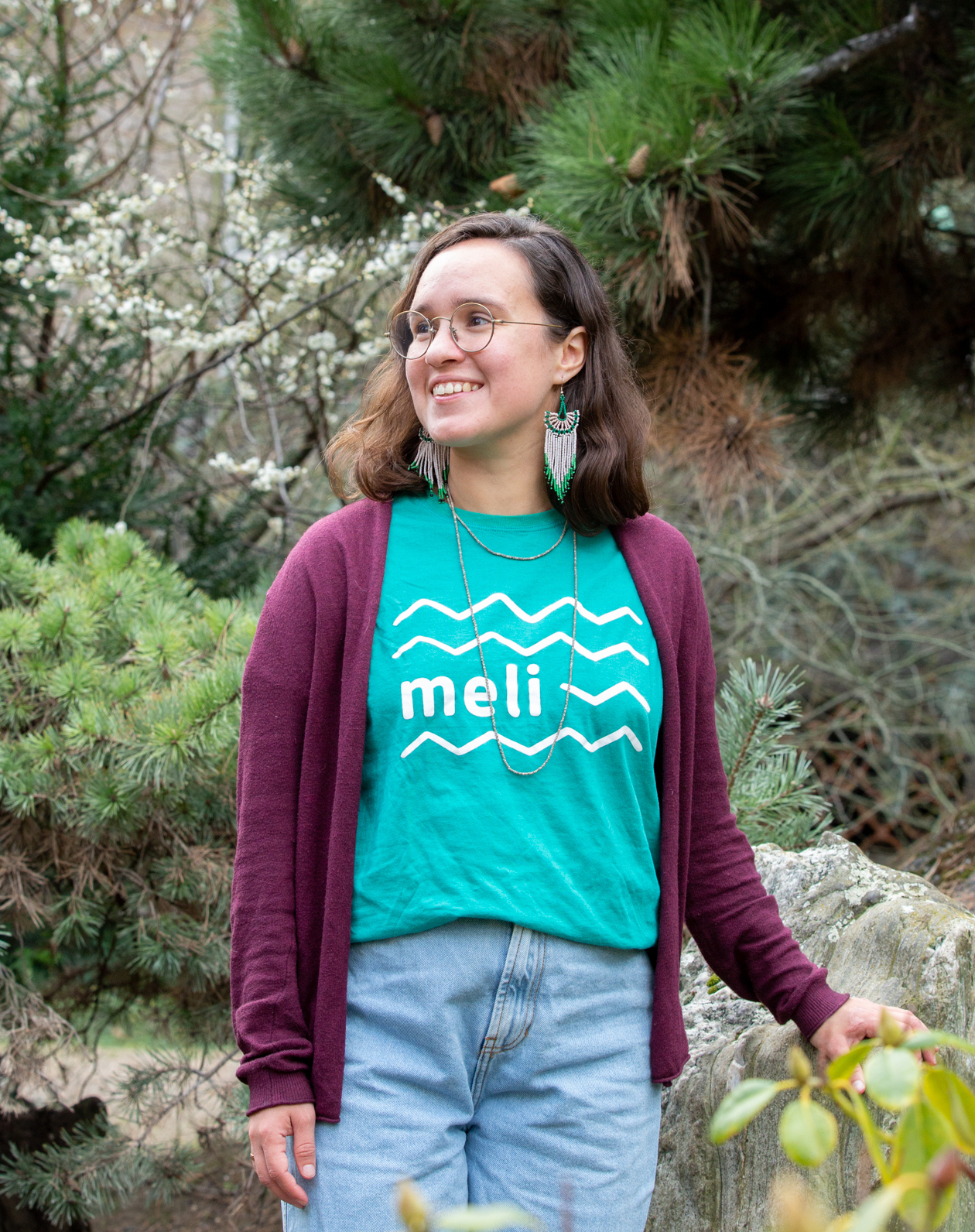
Ana Rosa de Lima
Director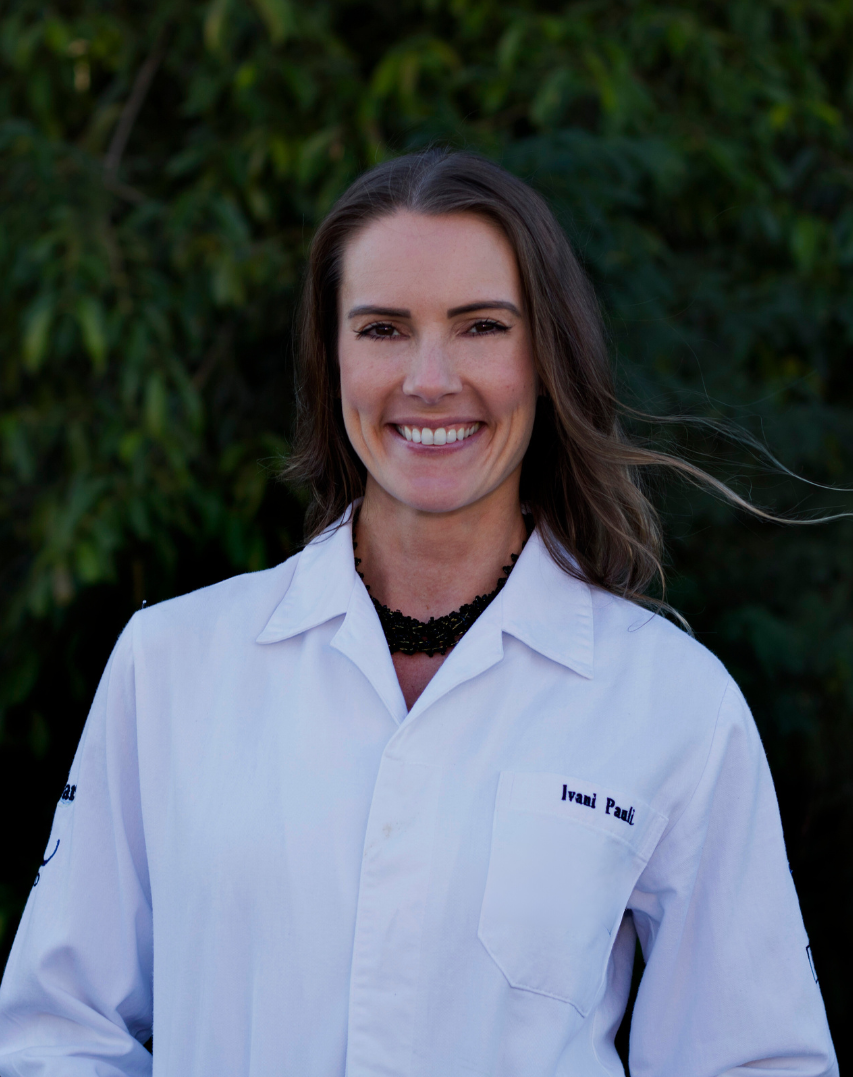
Ivi Pauli
Global Partnerships Director
Laura Soto
Global Growth Director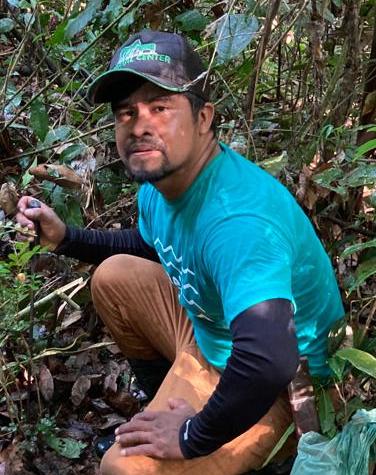
Jonas Guajarara
President Meli Brasil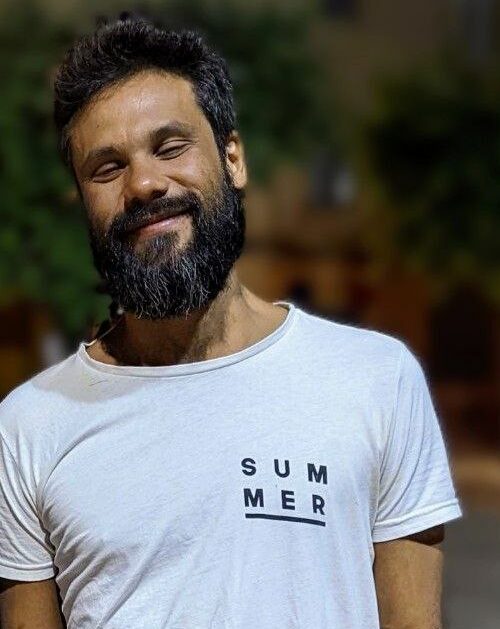
Luandro Vieira
Technology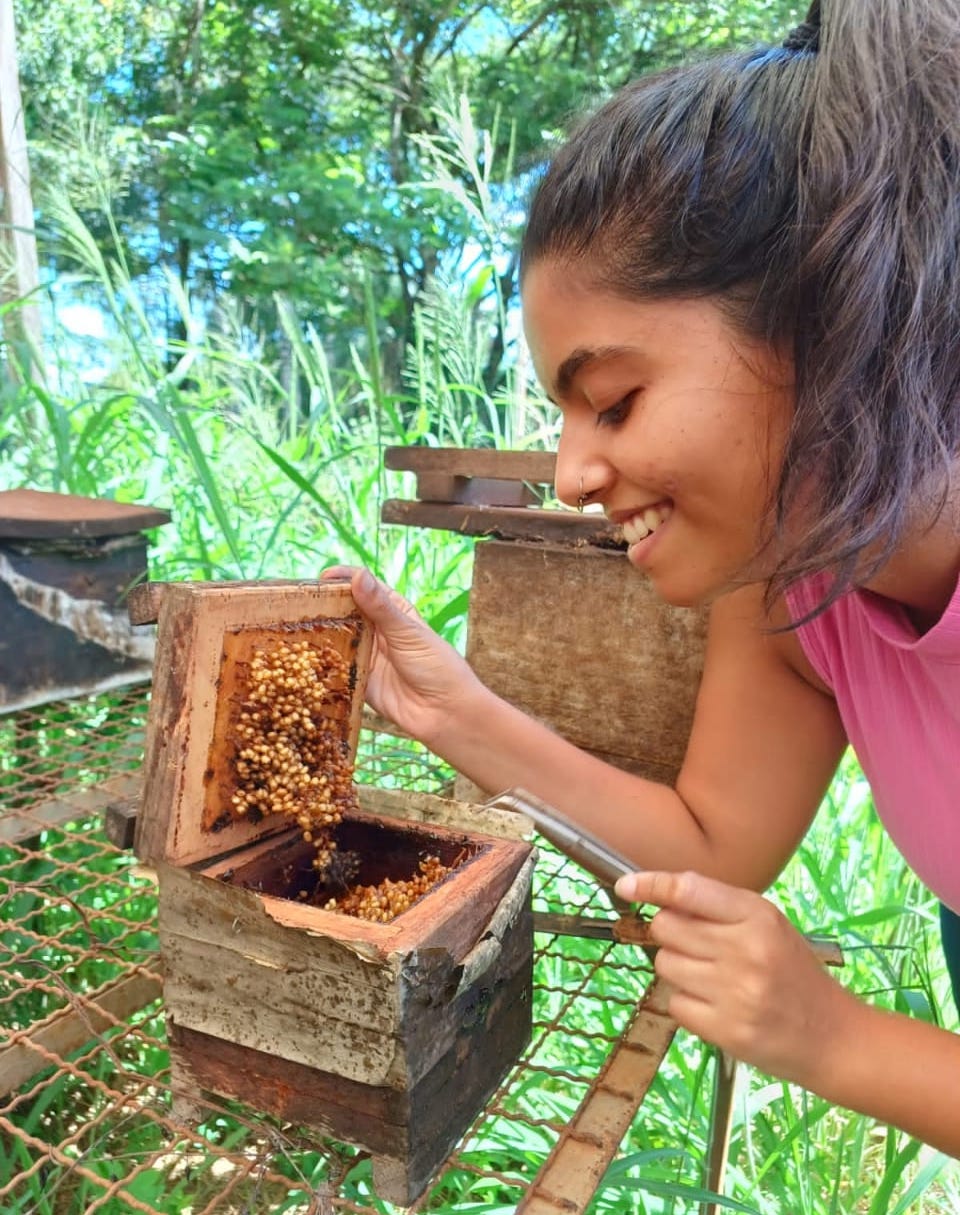
Ana Paula Cipriano
PhD Candidate (SWBio)Advisory Board
We also have a team of advisors that support us according to their expertise:
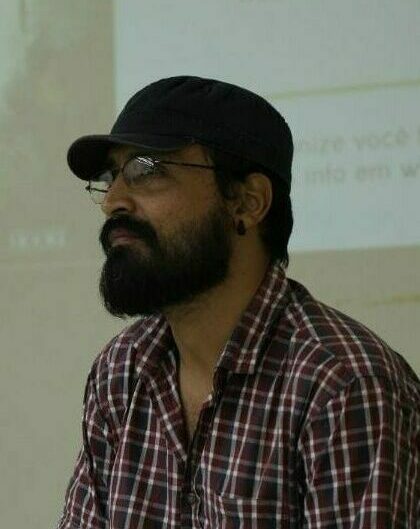
Amintas da Silva Júnior
Academic Advisor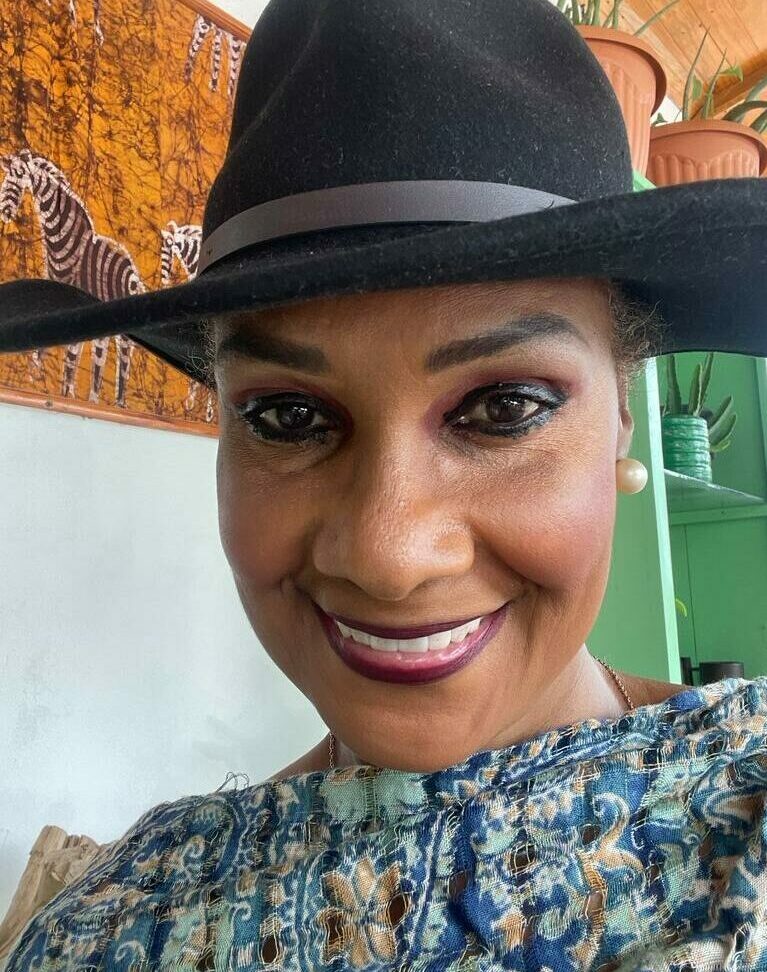
Carla Bush
Indigenous Funding & Strategy
Christine Gould
Food Systems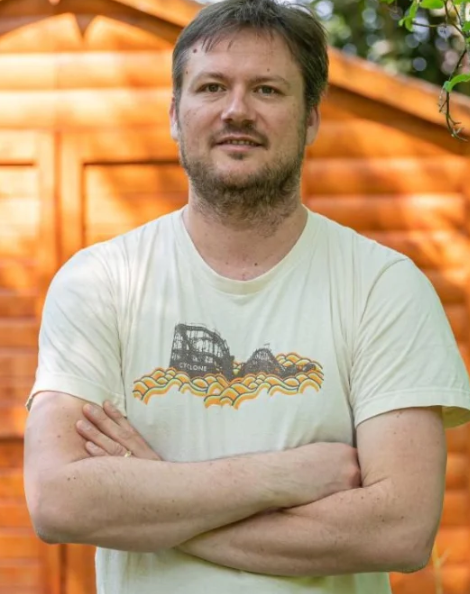
Christoph Grüter
Academic Advisor
Gabriella Crescini
Strategy and Impact Advisor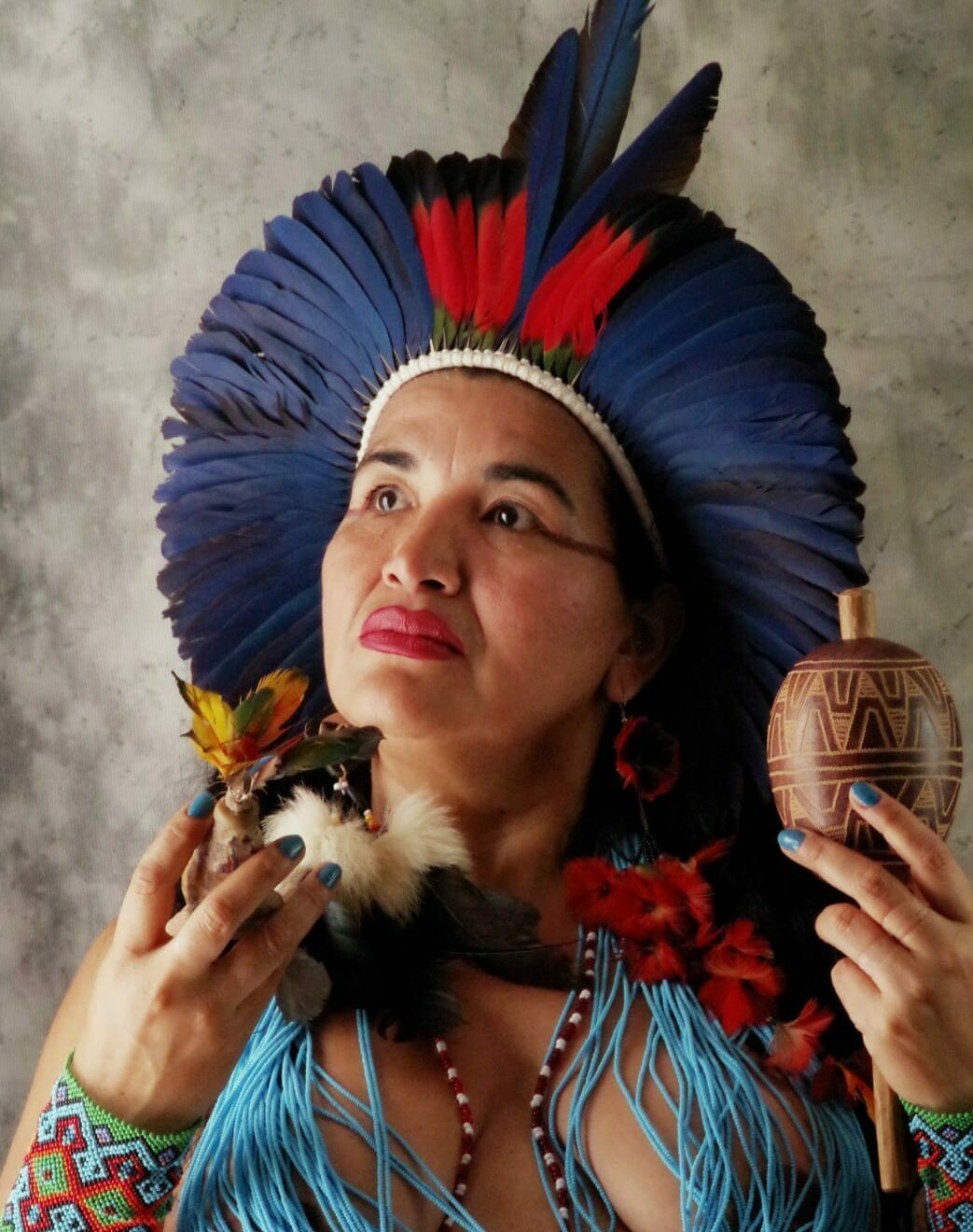
Kowawa Apurinã
Indigenous Advisor
Marco Garofalo
Strategy AdivisorHow we Work
The Network
Our Network is made of:
Contributors Team: Contributors developing clear paid or volunteer activities in the network, that might take place in any region around the world,
Community Members: Members of indigenous, quilombola, campesino or other rural and urban communities, committed with leading regenerative activities with social and environmental positive impact can apply to be a Community Member. They can be connected by hubs.
Hubs connect communities which are geographically close. The hubs give the previously engaged communities located in a determined area the autonomy to locally engage other network participants which might not be accessible otherwise (due to lack of internet connectivity, per example) but nevertheless have the similar values and interest on leading regenerative practices.
Partners: Donators, funders, B-corps, researchers and experts on regenerative practice who partner for the development of our activities.
Advisory Board: experts who advise the Network if needed.
Our Impact
We see the local communities as the best actors to deliver positive impact. They have a high personal and historical bond with the region, and strong motivation to develop exemplary regenerative practices. At the same time, we are inspired by the native stingless bees, the Meliponini. While these bees produce propolis and honey, they play a fundamental role for our environment: pollination.
Likewise, we seek to strengthen the development of activities that benefit the local community and at the same time strengthen nature. We support their activities that positively impact the (1) local biodiversity, (2) community resilience (3) education and cultural heritage protection, (4) food sovereignty and economic security, (5) Community Science and (6) International Visibility.
1. Local Biodiversity
Meli’s work is based on the care of the entire local biodiversity. The activities protect multiple actors important for the environmental balance, with focus in the native flora and its primary pollinators.
As previously mentioned, we are guided and inspired by the local native stingless bees. They are primary pollinators of diverse native species, deliver vital ecosystem services and increase the local food production. At the same time, they are a part of the cultural heritage from the local communities and bring them productive activities with economical potential.
2. Community Resilience
Meli develops a Network with the goal to inspire and raise the resilience of all the engaged communities. To support the Network, meetings and workshops are developed in culture-related topics and in topics related to the regenerative practices proposed.
In that manner, the activities enhance the communities’ awareness of the importance to develop regenerative practices and to protect their land and its biodiversity, cultural heritage, language and local subsistence. We believe a resilient community can better protect land, biodiversity and cultural heritage.
3. Education and Cultural Heritage Protection
Our activities will also present vocational opportunities around healthy ecosystems and acknowledging the local traditional culture as a desirable opportunity for the young generations. In that manner, they will be able to embrace their culture while guiding their professional lives.
Our activities support and nourish the bonds local communities already have with the natural environment, as the local biodiversity is intrinsic to their livelihood. We have witnessed the invasion of unsustainable practices to also effect their culture, but there’s still time for regenerative activities to change this situation and rescue the traditional knowledge.
We are open to work in partnership with local schools and local culture leaders, and to support cultural production, also in local languages.
4. Food Sovereignty and Economic Security
A healthy soil and a biodiverse environment are the base for the food sovereignty of local communities.
The bees who inspire as support both. With Meli’s activities, the communities access to these products are going to be strengthened and the surplus products are envisioned to be marketed in order to improve the local livelihoods and help the communities to reach their financial sustainability.
5. Community Science
In accordance to the principles of Community-Science, Meli support the communities to lead research and to generate more knowledge about the local biodiversity. With the help of structured scientific methodology, traditional knowledge can play a large role to develop top-notch scientific research.
In this field, it is particularly crucial to respect traditional knowledge and communities’ wishes.
6. International Awareness
As a manner to maximize the communities’ strength and resilience (positive impact 2), Meli connects the communities to actors in the global perspective. The possibility of new partnerships and opportunities increase, and the communities are going to be better prepared for them.
The feeling of connection also raises the communities’ self-esteem and inspiration, as it shows the global importance of their activities. At the same time, the international audience is going to be better informed regarding the communities’ reality and the paths to deliver a successful international cooperation.
Testimonies
Newsletter
You can also learn more about our activities in subscribing to our monthly newsletter:
You can check our past issues here.



